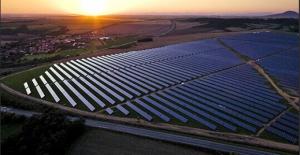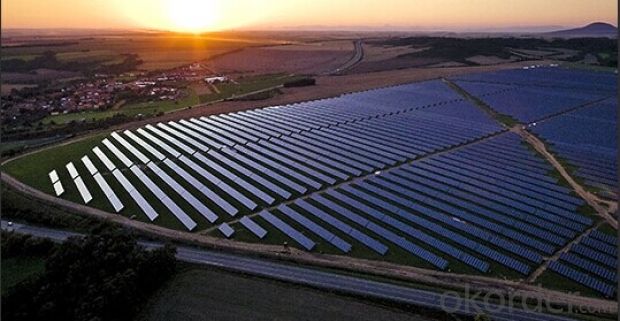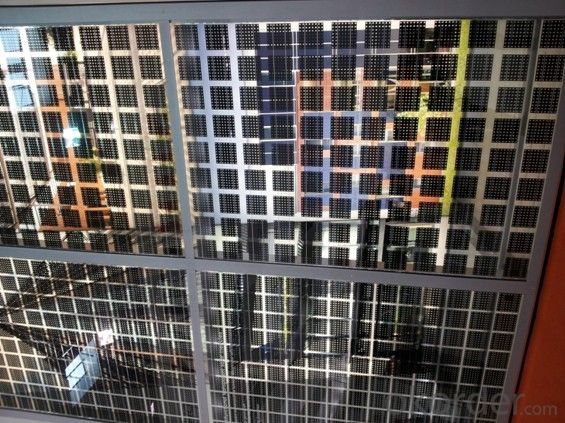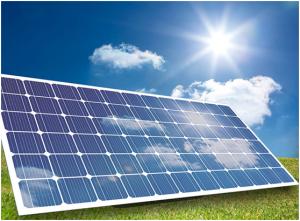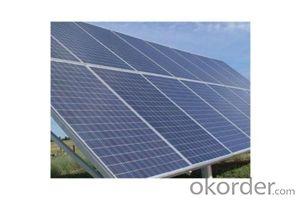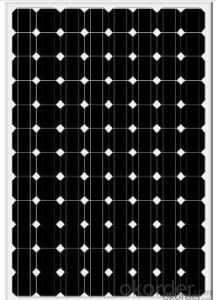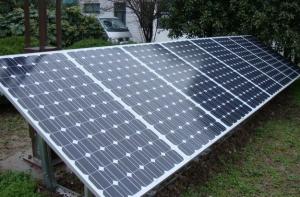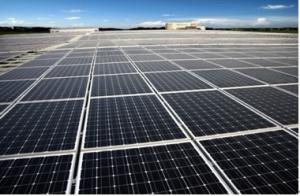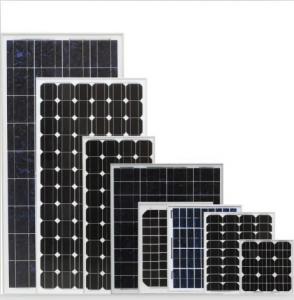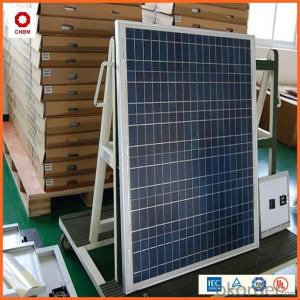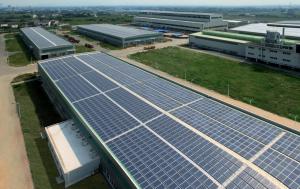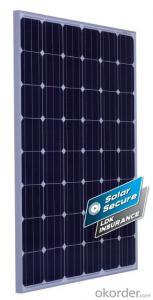LDK 60-Cell Multi Module 260W Solar Panels With Batteries Entire Module Certified CE UL TUV
- Loading Port:
- China Main Port
- Payment Terms:
- TT or LC
- Min Order Qty:
- -
- Supply Capability:
- -
OKorder Service Pledge
OKorder Financial Service
You Might Also Like
Why US?
· Industry leading module power output warranty of 25 years
· International quality and safety certifications
· Manufactured in ISO 9000 certified factories
· High-reliability with guaranteed 0/+5W peak power classification
· Excellent performance under low light environments
· Entire module certified to withstand high wind and snow loads
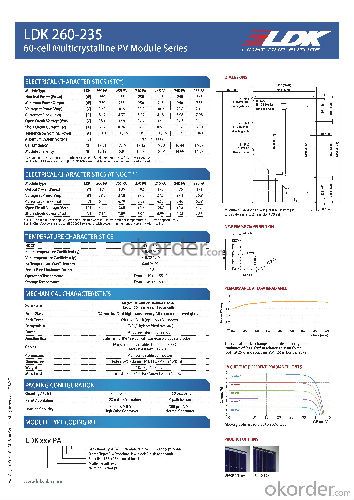
Warranty
· 10 years for product defects in materials and workmanship
· First 12 years for 90% of warranted minimum power
· Remaining 25 years for 80% of warranted minimum power
Vertically integrating business model enables us to
· Consistently build high quality and reliable PV products.
· Optimize our cost structure to deliver price-competitive products.
· Adopt cutting-edge product and production technologies.
· Develop the most advanced manufacturing methods.
· Minimize carbon emissions throughout our closed loop production process.
Certification
· IEC:IEC 61215, IEC 61730 (1&2), conformity to CE
· UL 1703 2002/03/15 Ed:3 Rev:2004/06/30
· ULC/ORD-C1703-01 Second Edition 2001/01/01
· UL and Canadian Standard for Safety Flat-Plate
· ISO 9001: 2008 Quality Management Systems
· CEC Listed: Modules are eligible for California Rebates
· PV Cycle: Voluntary module take back and recycling program
· MCS Certificate
After-sales Services Undertakings
1. During the equipment commissioning period, the company will send scheduler to commissioning to ensure debugging smoothly and a one-time test commissioning.
2. The company is responsible for professional users’ on-site operator training and technical exchange.
3. The long-term tracking service system: we practice lifelong quality of our product tracking service, and we also will take effective measures and solutions for the user of the technical issues and equipment problems.
4. Regularly listen to opinions and suggestions of users, to provide users with new trends in technological innovation, new product information and enhance mutual understanding.
5. Any problems, the company will provide solutions for users within 48 hours.
FAQ
Where can I buy your products?
You could find our products from dealers or contact our sales team directly. We will provide you with detailed services.
How to contact us?
Contact details can be found from website www.okorder.com to contact us. We look forward to providing you with professional services.
What is the application field of your products?
They can be used in the small photovoltaic (PV) grid power generation systems of family units as well as the commercial photovoltaic system such as BIPV, BAPV and etc.
What kinds of modules do your inventers support?
Our inventers support most of mainstream components and modules in the market. Should you require more details, please do not hesitate to contact our technical personnel.
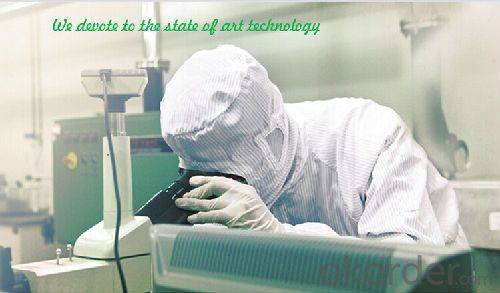
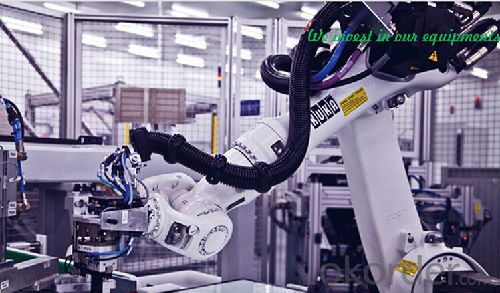
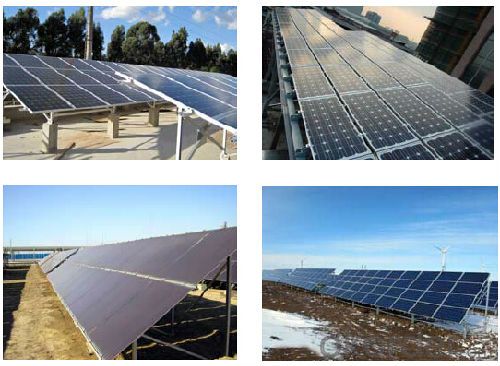
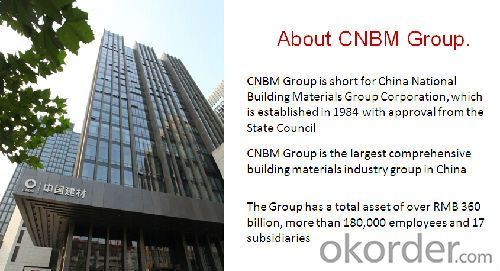

- Q: How do solar panels affect the appearance of a home or building?
- Solar panels can have a significant impact on the appearance of a home or building. They are typically installed on the roof, and their sleek and modern design can often enhance the aesthetic appeal of a property. However, some people may find the presence of solar panels less visually appealing, especially if they are not installed in a well-integrated or discreet manner. Ultimately, the effect on appearance depends on personal preferences and the design choices made during installation.
- Q: Can solar panels be used in urban areas with limited space?
- Yes, solar panels can be used in urban areas with limited space. Advances in technology have made it possible to use smaller, more efficient solar panels that can be installed on rooftops, balconies, and even walls of buildings. Additionally, solar panels can be integrated into various structures like solar canopies, awnings, or vertical facades, making them suitable for urban areas with limited space.
- Q: We are thinking about useing solar panels for our house.Does anyone know about solar panels? If so could you please tell me some information on them,and the cost for a home,to install them.
- Solar electricity systems can save you more money. Want to know more features about Solar Panels Companies? Contact us today for more details.
- Q: im making an energy efficiant house for science class and i need to price the house. im putting solar pannels on the roof and would u please tell me how much they are per like 2 sq. feet of a pannel?
- Completely self-efficient and autonomous??? Forget it. Too expensive. It's only worth if you use like 8 lights (2-20w) about 4 hours a day, a fridge, a tv about 4 hours/day and basically nothing else or a few low consume stuff. Forget about microwaves, dryers, or other stuff. Too much watts. And that would cost you no less than 5000-6000$. You need panels (about 4 or 6 20w would suit maybe), 2 batteries (about 600Ah at least), inverter(500w/24v) and a regulator, lets say a 30A one. Just stick to normal energy supply. A single 20w panel may cost about 750$ at least.
- Q: What is the warranty on solar panels?
- The warranty on solar panels typically ranges from 10 to 25 years, depending on the manufacturer.
- Q: I have an inverter and a battery 20 Amperes.Daily sun shine approx. 7 Hours.Do I need to buy anything or should I connect the solar panel to the Battery direct?
- connect the solar panel to the Battery direct during the day time that's how it works in ALL situations !
- Q: Can solar panels be installed on shopping malls or retail centers?
- Yes, solar panels can be installed on shopping malls or retail centers. In fact, many commercial properties are now adopting solar energy systems to reduce operating costs, promote sustainability, and generate clean electricity. The large roof areas of shopping malls and retail centers offer ample space for solar panel installations, making them ideal candidates for harnessing solar power.
- Q: Do solar panels require a battery for energy storage?
- No, solar panels do not require a battery for energy storage. They can be directly connected to the electrical grid and the excess energy generated during the day can be fed back into the grid and used at night or during cloudy periods. However, batteries can be used to store the excess energy for later use, especially in off-grid systems or areas with unreliable grid access.
- Q: Does anyone own any and would you recommend them? right now i only own solar stake lights and i use them during the summer in my yard. But during the winter i take them out because they don't charge well. I live in toronto canada where it snows a lot during the winter, would it even be worth it to buy solar panels? Would they get covered with snow if the were mounted on my roof and get ruined? I plan on buying some when i purchase my own home.Any info would be appreciated:)
- You may have to put a snow roof over the wind generator to keep it working. A solar hot water system might be hard investment where you are but it could work if it's designed right. Check out the solar companies in your area for ideas.
- Q: The inverter I am using gets the required 2 DC volts from the solar panel, but fo some reason it just won't output the 0 AC voltage. When the inverter is hooked to a car battery, it works just fine off the same 2 DC rating. Help me out please...
- There could be a couple of reasons why it isn't working. First, 2V panels actually put out a considerably higher voltage because it is presumed that they will be used to charge a 2Vdc battery. That requires applying a voltage greater than 2Vdc, and usually there is a solar controller that regulates the solar power to the battery. It also has a voltage drop. Look at the first reference reference, and you will see these values for a particular panel: Voc: 2.6V (open circuit voltage) Vmp: 7.2V (voltage at maximum power point) Voc is the voltage the panel produces under standard sunlight and temperature conditions (25°C), with no load applied. As load is applied, the voltage drops (see reference 2). Power is the product of current times voltage, so at one set of conditions (namely at Vmp) maximum power is available from the panel. Your inverter might not be working for either of two reasons: ) it has input protection circuitry that locks out operation when it senses an overvoltage, as in the 2.6V open circuit voltage, or 2) the panel does not produce enough current and the voltage from the panel collapses under excessive load. For example, if you load your inverter to 20W, then nominally the 2VDC input to the inverter must supply 20W/2V/eff = 0A/eff Assuming the inverter has an efficiency of 80%, the input current required is: 0A/.8 = 2.5A A solar panel operating at maximum power would need a rating of about: 2.5A x 7.2V = 25W Is your panel that big? The other option, as mentioned by others, is to charge a battery that runs the inverter. Other nuances: Voc increases as temperature decreases. Sunlight intensity varies (obviously), so the panel may produce less than rated power. The power specifications often are printed on the back side of the panel.
Send your message to us
LDK 60-Cell Multi Module 260W Solar Panels With Batteries Entire Module Certified CE UL TUV
- Loading Port:
- China Main Port
- Payment Terms:
- TT or LC
- Min Order Qty:
- -
- Supply Capability:
- -
OKorder Service Pledge
OKorder Financial Service
Similar products
Hot products
Hot Searches
Related keywords
